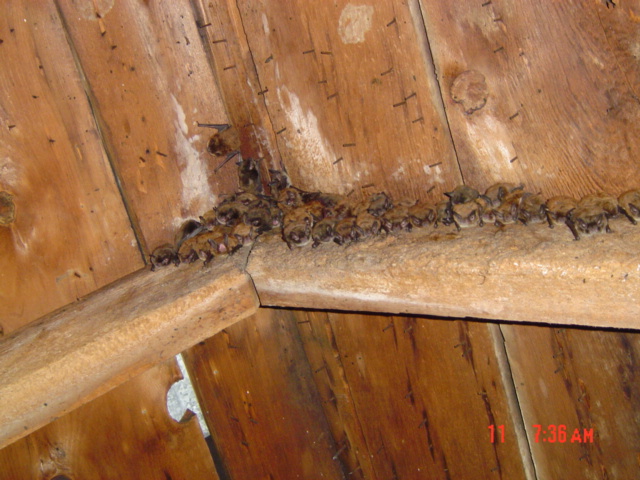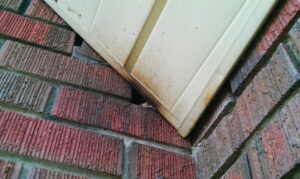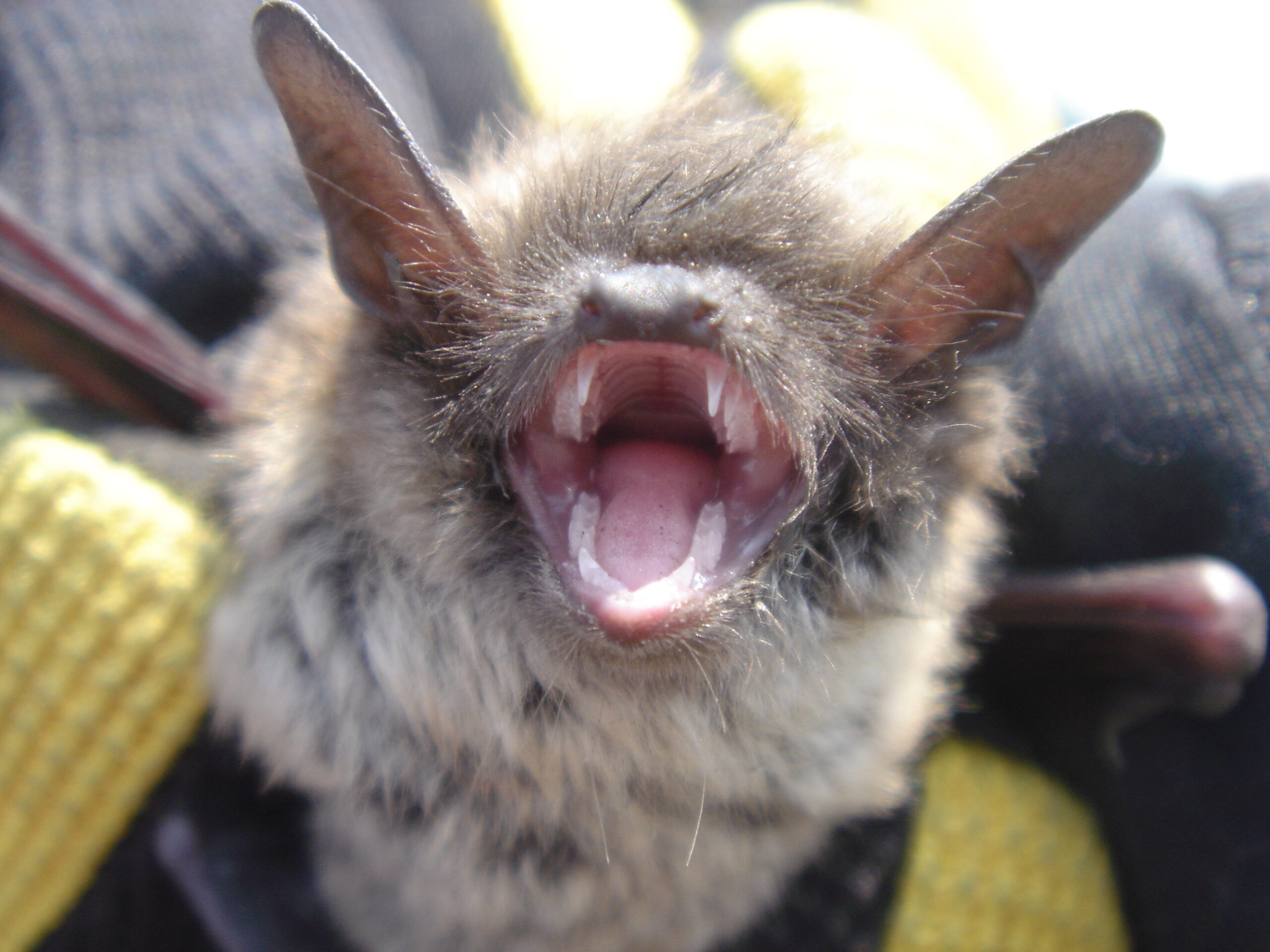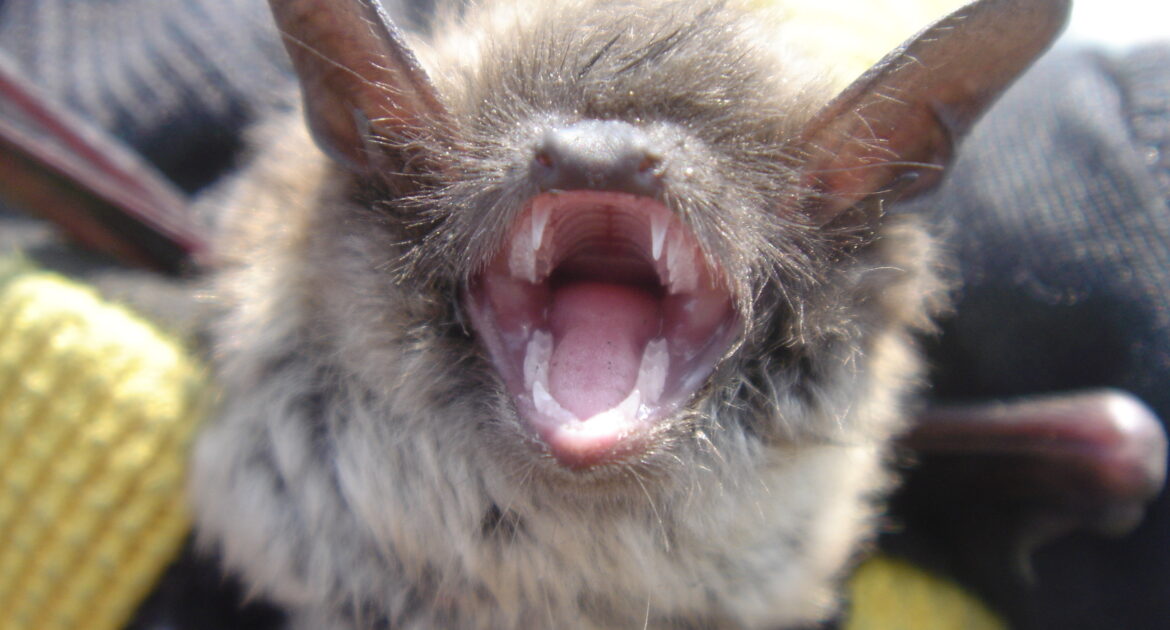Most pet owners are aware of the dangers of the rabies virus and have their pets vaccinated against the disease. However, indoor pet owners who have cats, birds, and or rodents may not be aware of how crucial vaccination is. Even if your pet is not exposed to the outdoors bats can enter your living space through openings as small as a dime.
What is the rabies virus and how does it spread?
Rabies is an extremely serious viral disease that is caused by lyssaviruses and is spread when an infected animal bites or scratches a person or another animal or if their saliva comes into contact with the eyes, nose or mouth. The effects of the rabies virus are devastating as it causes inflammation of the brain and central nervous system. The symptoms of rabies can include an inability to move parts of the body, confusion, violent movements and a loss of consciousness.
People generally believe that the spread of rabies from animals to humans is caused by dog bites or rodent bites but the truth is that bat bites are the most common cause of rabies infections in humans. Less than 5% of people in North America are infected by dog bites and very few rodents actually carry the virus. Recent studies in Ontario have found bats that have tested positive for rabies in cities like Hamilton, Kitchener, and Waterloo.
Bats also carry Histoplasmosis
Rabies is not the only disease that can be caused by bats in your home. Bats can also be the cause of histoplasmosis, a serious lung infection that is contracted by inhaling Histoplasma capsulatum fungal spores that are released into the air. The spores are found in the ground and in the droppings of birds and bats, making it common in caves, chicken coops, barns and other places where these animals typically nest.
Most cases of histoplasmosis don’t require treatment and there are often not many symptoms but if you have a lowered immune system you could experience complications as the disease progresses. The symptoms of histoplasmosis include a dry cough, fever, chest pains, joint pains and red bumps on the lower legs. The fungus can’t be spread from one person to another and histoplasmosis is not contagious.
Why bats in your attic are a serious problem

Many people do not realize that bats are a common carrier of rabies and that a bat bite can be serious. In nature, large colonies of bats will roost in caves and holes in cliffs but in urban areas, these colonies will make themselves at home in the walls and attics of buildings. Given enough space, these colonies can be extremely large, and this will lead to all sorts of problems in your home, causing structural damage and even leading to health concerns.
During summer months, bats can get lost in your attic or inside the walls of your home and eventually find their way into your living space through openings in the basement, vents or other holes.

Once a bat has found its way into the living area of your home it will be lost and disoriented in the unfamiliar space and will not be able to find its way back into the attic or walls. Bats are not aggressive animals who will launch an unprovoked attack on humans or animals. However, when a bat is frightened or confused will bite in self-defense. Most dogs and cats will excitedly chase a bat around the house and in the ensuing chaos you or one of your beloved pets could easily get bitten by the bat. Bill Dowd President and CEO of Skedaddle explains further that “Bats have extremely small and sharp teeth where they might not see a bite mark or realize their pet has been bit.” If a bat has come inside the home and you or your pet has been bitten it is important to contact your local wildlife control experts. Skedaddle Humane Wildlife Control’s fully trained technicians will safely capture the bat and take it your local Public Health Department, who will test it to determine whether or not it has rabies, and if you require post-exposure rabies shots.
Prevention is best
You need to try and keep bats out of your home, but you also need to protect your pets. It is essential to always have your pets vaccinated against rabies and other diseases, even if you live in the city and they are indoor pets that do not typically come into contact with wildlife. You never know when your pet might make contact with a rabid animal. Many local SPCA’s and other humane societies make it easy and affordable for you to get your pets vaccinated and no matter where you live, you need to be a responsible pet owner.
What should you do about bats in your home?
Finding a colony of bats in your home may not be as easy as you imagine. If you climb up into your attic you won’t see hundreds of bats hanging from the rafters but that does not mean that they’re not there. In truth, bats prefer to tuck themselves away in tight spaces where they are warm and protected from predators. In attics, they can typically be founded sandwiched into the space between the exterior wall and the interior plywood or in cavity walls. This makes them impossible to spot by simply scanning your attic with a torch. It usually requires a thorough search of the space by a professional to find a bat colony.
Bats are not by nature aggressive, but they will fight back if they feel threatened and that means you should never try to remove bats from your home without the proper training or protective equipment. You should always call in a professional wildlife control expert to deal with the problem. At Skedaddle our technicians are trained to identify bat entry points, locate the bat colony and ensure the humane and safe removal of all the bats. Our strategy involves removing the entire colony and our knowledge of bat behaviour and biology ensures that breeding bats do not leave their babies behind.
Once the bats have been removed, we will block all possible entry points, using an exclusion sealant to fill even the smallest gaps and holes. We will then clear and clean any contaminated material, removing droppings, carcasses and nesting material that can pose serious health risks. Depending on the severity of contamination, we will also advise you on any necessary insulation repair and attic restoration. This will help ensure a safe and healthy home for you and your family.




